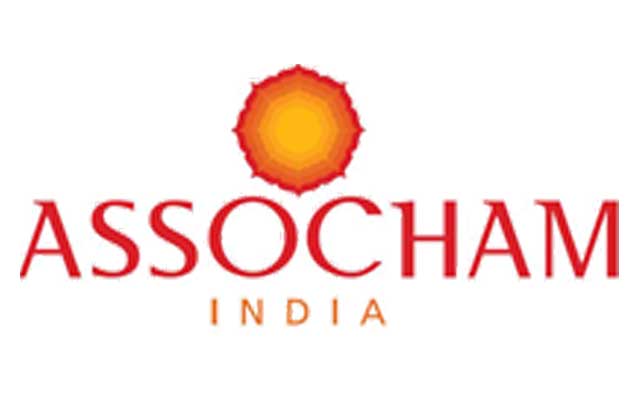
Banks may need 20% incremental provisioning for 50 large stressed assets: Study
The study also noted that while banks may have already provisioned for a part of these exposures, they need to adequately capitalise to absorb such losses which could fuel credit growth and support the next leg of economic growth.
It also impressed upon the need to address various challenges such as inter-credit conflicts, ability of large corporates to delay the recovery process, burden on the National Company Law Tribunal (NCLT)/ Debt Recovery Tribunal (DRT), roll-out of the ecosystem including adequate number of tribunals, insolvency professionals and information utilities, a limited timeline for the formulation of resolutions and access to the secondary market in case of liquidation for successful implementation of the IBC.
“The success of the code hinges on strengthening its ecosystem, which will help in protecting the interest of stakeholders, instilling financial discipline among borrowers and create a robust platform to attract investors,” noted the ASSOCHAM-Crisil study titled ‘IBC – Protecting stakeholders, improving ease of doing business.’
It also said that the IBC has brought a sea change in insolvency resolution towards a creditor-friendly regime, thereby restoring the balance of bargaining power, which was hitherto with the debtors.
The code enhances the rights of a creditor (irrespective of the type, whether it is a financial or operational entity) and empowers in identifying bankruptcies and initiate resolution proceedings through an ecosystem that comprises a regulator, insolvency professionals, information utilities, and an insolvency fund.
“Along with the government’s ongoing structural reforms, an effective implementation of the code is expected to improve India’s ‘ease of doing business’ and Global Competitiveness rankings significantly, as this is a critical parameter in ranking evaluation,” the report stated.
It further said that though the code is expected to face teething troubles before fully taking off, its stakeholders are expected to reap greater benefit in the long run.
Along with banks and ARCs (asset reconstruction companies), the code will benefit corporates, professionals and employees, boost investor confidence, and facilitate deepening of the domestic corporate bond market.
“This will help improve the overall business environment and encourage entrepreneurship and innovation,” said the ASSOCHAM-Crisil study.
Noting that implementation of the bankruptcy framework and engagement with independent credit assessment firms could aid resolutions of stressed assets, the study said, “The strengthening of framework would affect the volume of asset sales as banks are reluctant to take adequate haircuts.”
However, it will lead to more cash-based sale of stressed assets, which, in turn, would necessitate higher capital. That would benefit larger ARCs.
The code will help in protecting creditor interest in the sense that a start-up firm that gets insolvent can be wound up on a fast-track basis within 90 days. This will not only help entrepreneurs initiate insolvency proceedings voluntarily but the capital can also be reallocated to efficient businesses.
As such over time, the code will help promote entrepreneurship and increase the role of professionals from various fields such as law, accountancy and finance.
Besides even employees and workmen will benefit from IBC as they too can initiate insolvency proceedings for unpaid dues and have greater lien in the distribution of liquidation proceeds.
On the banking front, the study has suggested for the banks to be more professional and proactive in management, especially in aspects related to the development of early-warning mechanism, astute credit monitoring, proactive commercial decision-making with respect to the way forward and elimination of inter-creditor conflicts.
Further, banks would also need to exercise professional judgement in the selection of appropriate IPs/advisors and not follow a “lowest cost” policy without consideration of technical credentials and experience commensurate with the complexity and magnitude of the situation.
Support Our Journalism
We cannot do without you.. your contribution supports unbiased journalism
IBNS is not driven by any ism- not wokeism, not racism, not skewed secularism, not hyper right-wing or left liberal ideals, nor by any hardline religious beliefs or hyper nationalism. We want to serve you good old objective news, as they are. We do not judge or preach. We let people decide for themselves. We only try to present factual and well-sourced news.







